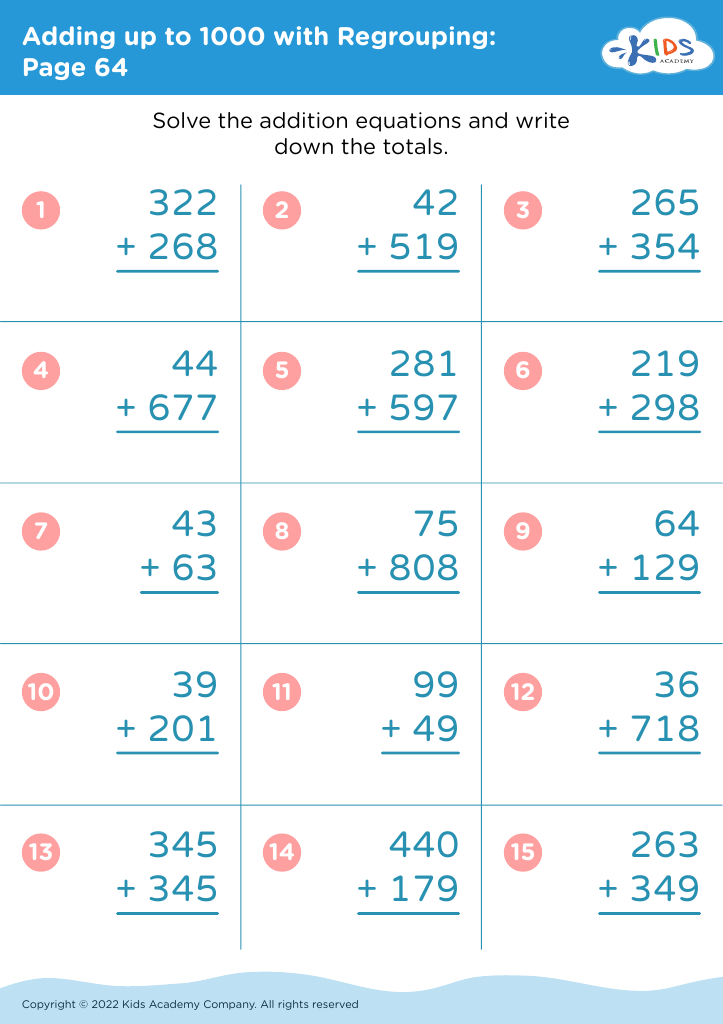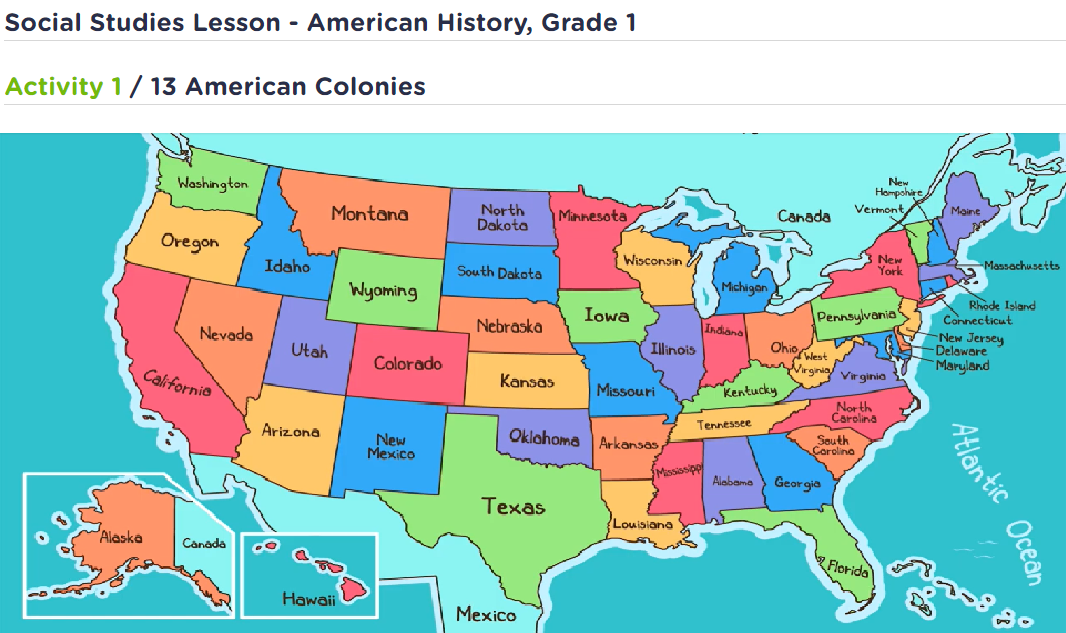Attention to Detail Math Worksheets for Ages 7-8
5 filtered results
-
From - To
Enhance your child’s learning journey with our Attention to Detail Math Worksheets, specifically designed for ages 7-8. These engaging worksheets focus on improving students' observational skills and precise mathematical reasoning. By solving fun and challenging problems, children will learn to carefully analyze information, recognize patterns, and review their work for accuracy. Our resource encourages critical thinking and boosts confidence in math skills while ensuring a fun learning experience. Perfect for classrooms or homeschooling, these worksheets foster educational growth and attention to detail in a playful way. Download and start transforming your child’s math learning today!
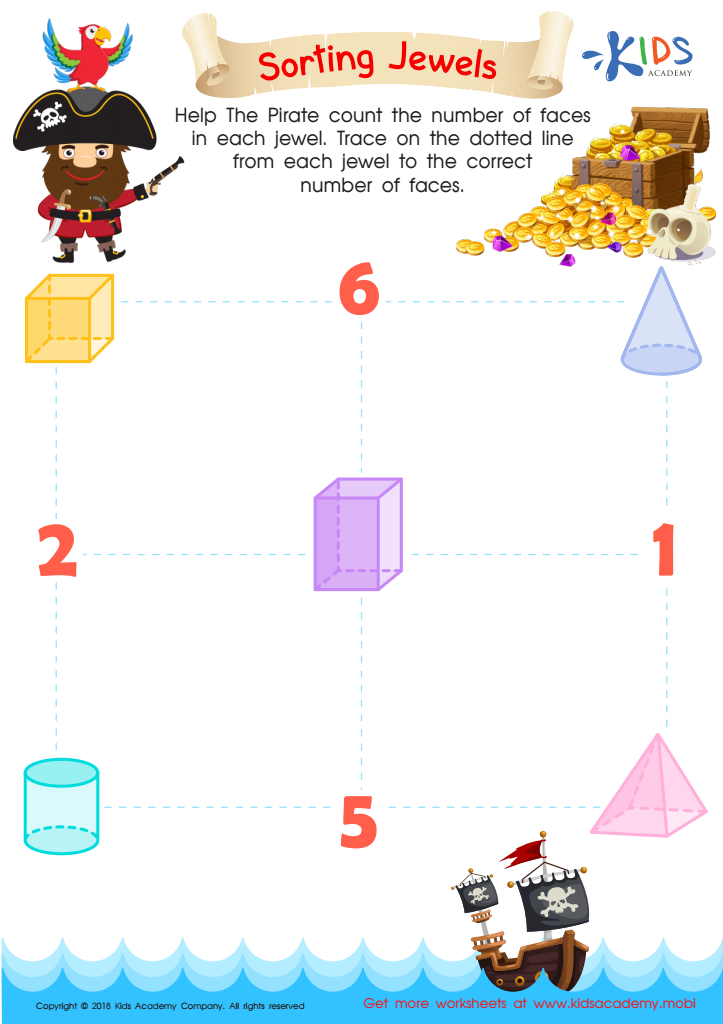

Sorting Jewels Worksheet
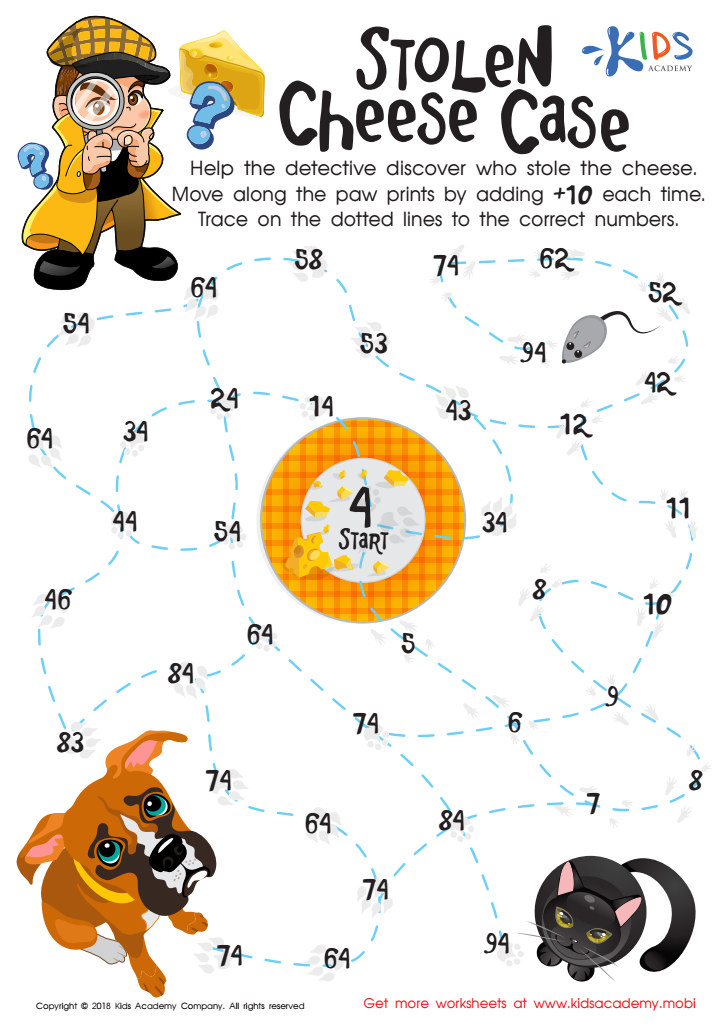

Stolen Cheese Case Maze Worksheet


Counting Seedlings Worksheet
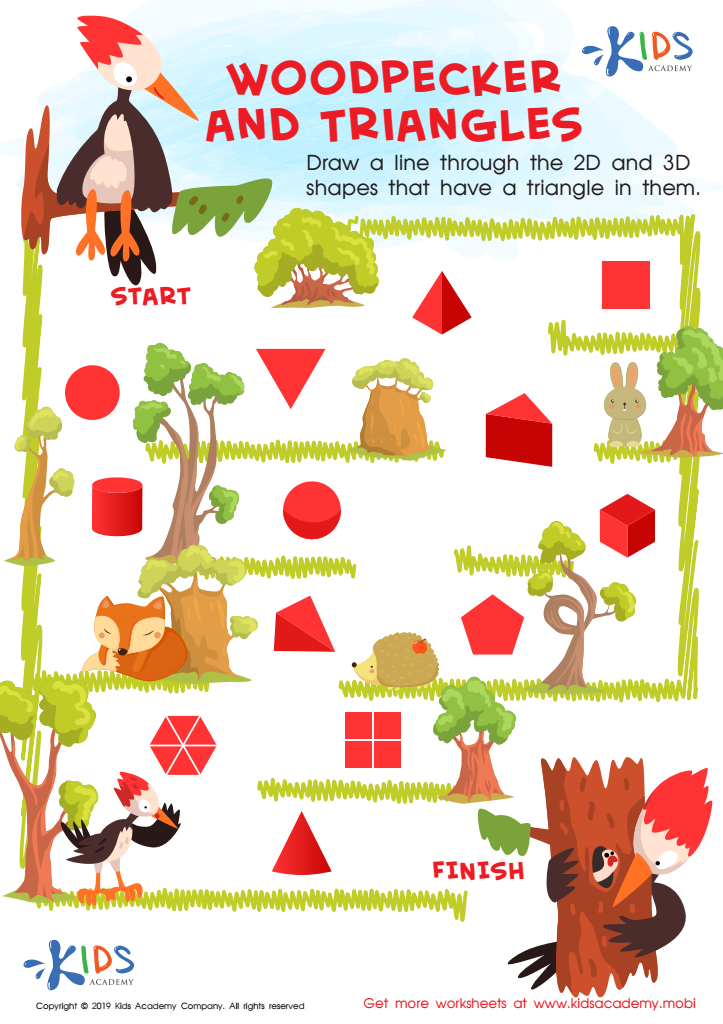

Woodpecker and Triangles Worksheet
Attention to Detail Math for Ages 7-8 plays a crucial role in developing foundational mathematical skills in young learners. At this age, children are beginning to grasp more complex concepts, and attention to detail fosters precision in problem-solving. Engaging in activities that emphasize detail helps children learn to approach math with mindfulness, encouraging them to focus on the specifics of a problem rather than glossing over important information.
Moreover, strong attention to detail enhances critical thinking and analytical skills. Children trained to observe clearly will be more adept at identifying patterns, recognizing errors, and applying strategies effectively. These principles not only build confidence in math but also translate to other academic areas, fostering a comprehensive educational experience.
Parents and teachers should recognize that instilling this skill at an early age sets the stage for future success in mathematics and beyond. It influences students' overall academic performance and their ability to navigate daily mathematical challenges throughout their lives. In a world increasingly driven by data and precision, fostering attention to detail in the formative years equips children with the necessary tools to thrive in school and eventually in their careers. Investing time in developing this skill is pivotal for both educators and parents alike.
 Assign to My Students
Assign to My Students
